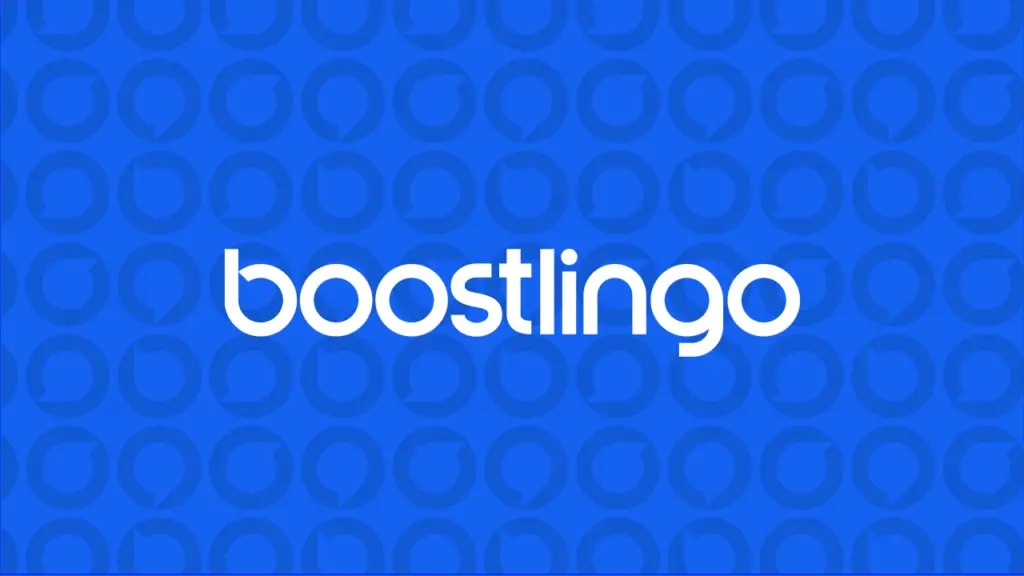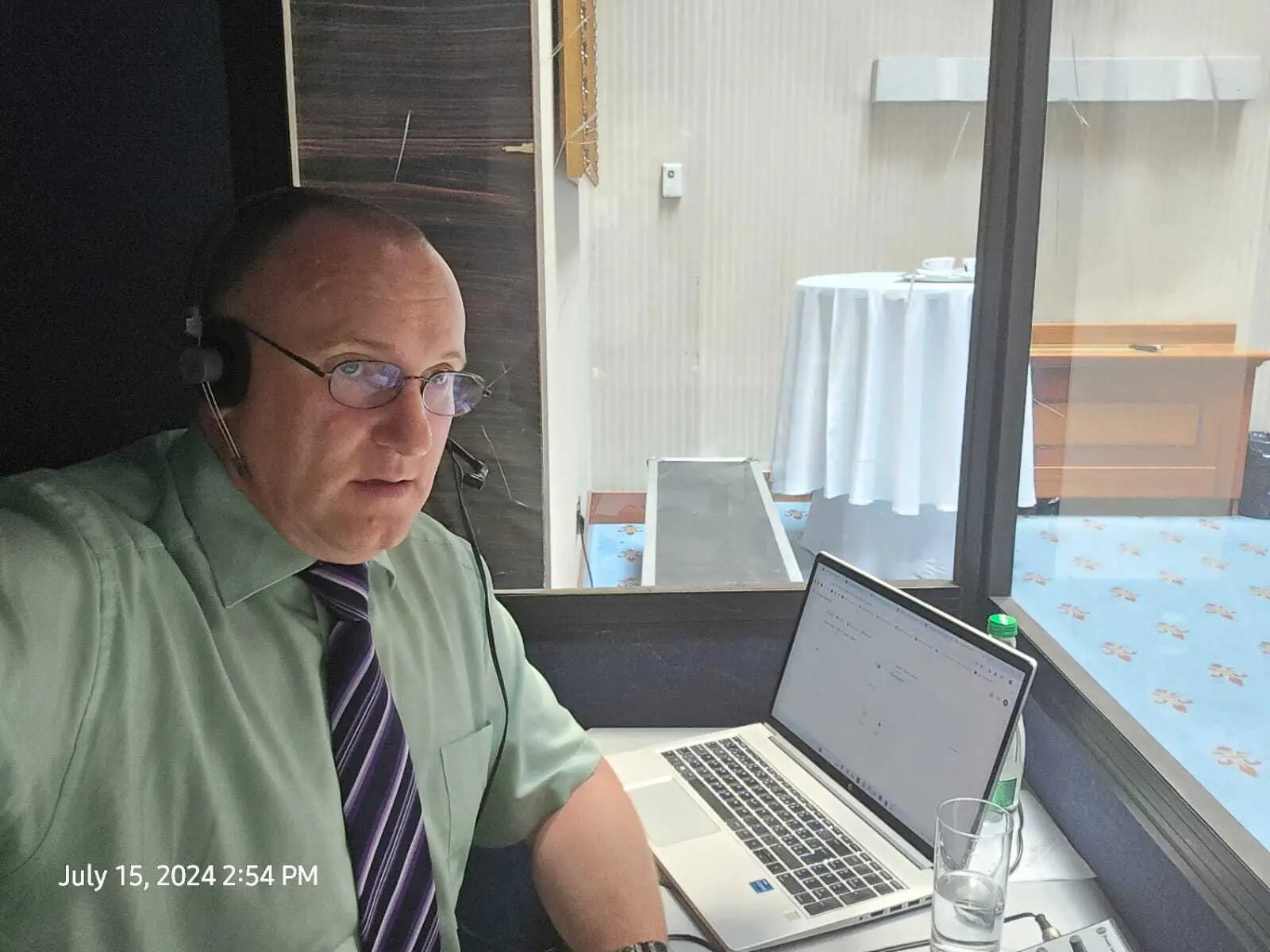Meet Dr. Jwan, an Arabic Medical interpreter in the Boostlingo Hub
Dr. Jwan is an Arabic Medical Interpreter who’s currently part of the Boostlingo Hub. She comes from Iraq, where she worked as an anesthesiologist in a neurosurgical hospital for over 17 years. However, due to the war in her home country, she had to leave for her safety and sought refuge in the United States.
Today, Dr. Jwan plays a key role in the US healthcare system by helping medical professionals in the U.S. communicate with Arabic-speaking patients. Her extensive knowledge in the medical field and her native proficiency in both English and Arabic have made Dr. Jwan a top interpreter in her field.
What led Dr. Jwan to the field of interpreting?
When Dr. Jwan arrived in the U.S., finding work that suited her skillset was hard for her. Despite being a proven doctor in her home country, her personal circumstances and rigorous requirements made it difficult for her to get re-established in the US.
“I have to start all over again here if I want to work here as a doctor. I have to start the College of Medicine from the beginning and then undergo three 8 3-hour exams from 8 to 5 pm to be able to work here as a doctor. It is not easy for people after 40 or 50 to work here.”
However, Dr. Jwan already spoke English well, even before coming to the United States and even shared that she was one of the most outstanding English speakers in her high school. Due to her proficiency in Arabic and English, she eventually found an opportunity to work as an interpreter with Pacific Interpreters.
What challenges did Dr. Jwan face as an interpreter?
Dr. Jwan shared that the biggest challenge in her field were that relatives of some patients sometimes producing the wrong interpretations for their loved ones and that some patients were unable to grasp English terms of medical conditions. Ultimately, wrong interpretations and cultural nuances can cause different problems.
“While facilitating an encounter with a patient, he told me that his son said that his problem was in the urinary bladder, but the actual problem was with the gallbladder. So, for that whole encounter, they thought they were talking about his urinary bladder while the doctor was actually talking about the gallbladder.
In another instance, there was a patient who had a baby with down syndrome. In our culture they refer to this condition as Mongolism. So if you tell her down syndrome instead of Mongolism, she will not understand what that term means. Overall, the main problem with wrong interpretations is that the patient cannot understand exactly what is going on and they get surprised when they know the truth.”
What advice would you give to someone who is facing the same challenges as you?
As someone who sought asylum in the U.S., Dr. Jwan noticed that interpreting as a profession has become commonplace for refugees who used to have careers in medicine, law, and other established fields. She mentions that miscommunication is highly prevalent in these settings and having a background in one of these fields help reduce mistakes. For people who used to be in the same shoes as her, she encourages them to work as an interpreter since they can use their knowledge in their field to help people in need.
Dr. Jwan has been working as an interpreter since 2008 and shared that both doctors and patients are happy with her work. Despite the challenges above, she mentioned that seeing satisfied patients is one of the best parts of the job.
“When I interpret for patients, they feel that they are talking to a doctor. Like they communicate with me so easily and I can convey the idea and what the doctor said correctly and precisely as if they are talking to the doctor in Arabic.”
What are your thoughts on remote interpreting?
Dr. Jwan views remote interpreting in a positive light. In her experience, she mentioned that patients prefer video remote interpreting (VRI) since having a have a face-to-face connection makes them feel more comfortable. Setting her preferences aside, she likes both VRI and OPI and is proud to share that she provides the same quality of interpretation on both modalities!
Behind every interpreter is a story
Interpreters serve as conduits who enable people to express themselves fully and naturally. With the world getting smaller each day, interpreters like Dr. Jwan bridge the language gap and allow people who don’t speak the same language to fully express their thoughts, ideas, and emotions.
Outside of work, Dr. Jwan has enjoyed witnessing the achievements of her family. Her daughter and son followed in her and her husband’s footsteps and became medical professionals themselves. Her daughter became a nurse practitioner and is on her way to becoming a doctor, while her son worked hard to become a specialist in trauma surgery. Additionally, her husband, a seasoned lecturer with a Ph.D. in anatomy, also found success as an interpreter here in the US.
Today, Dr. Jwan continues to interpret for Arabic speaking patients navigating through the intricacies of the US medical field. Together, their family is one of the best embodiments of resilience, adaptability, and a commitment to excellence in both the language industry and the medical field.



